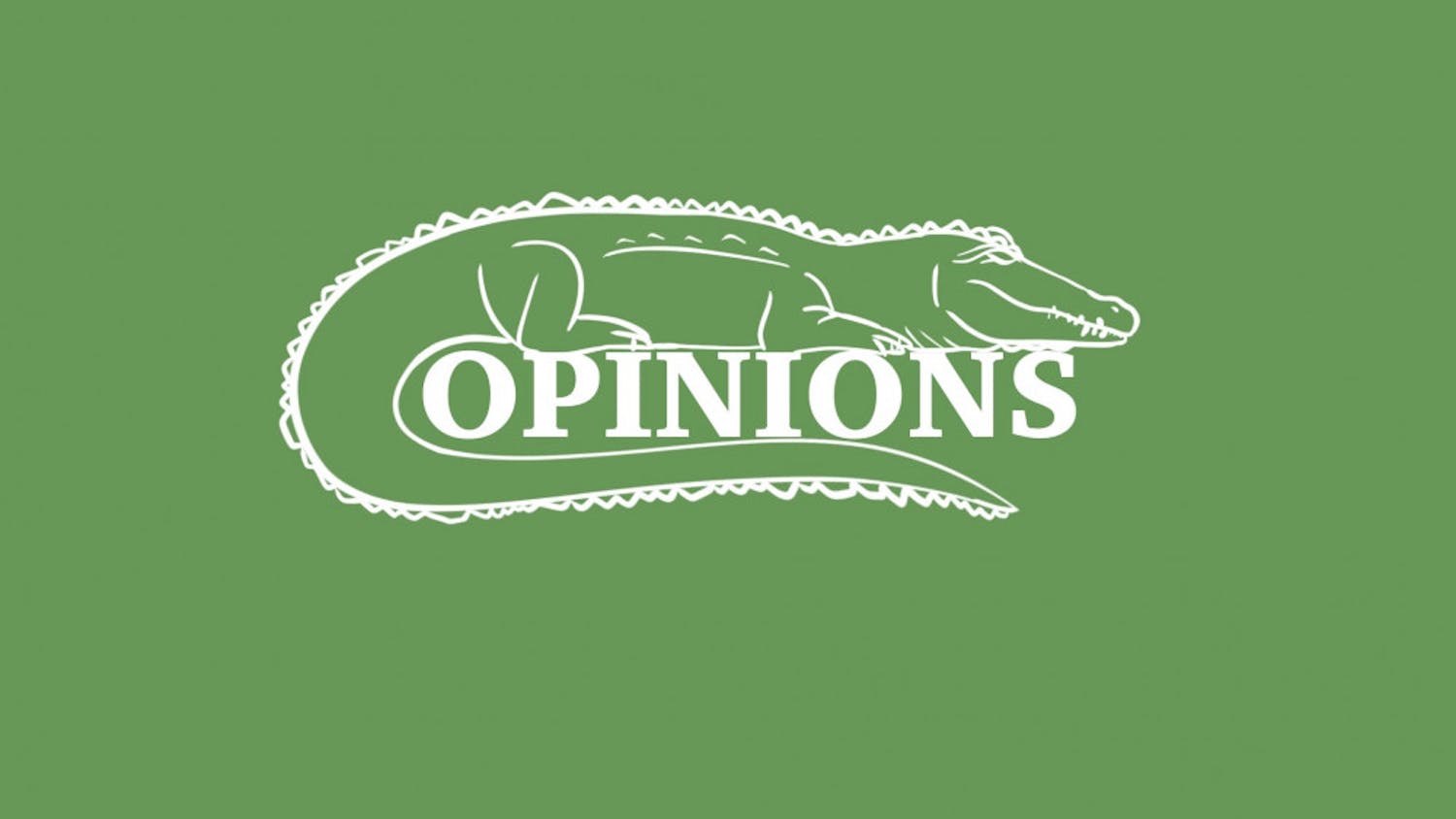There is something very unsettling in the way modern society is beginning to parallel the fictional worlds presented by writers such as Orwell, Huxley and Rand. From the disturbing similarities between contemporary texting language and Orwell’s Newspeak to the health care battles that still continue to rage in Congress, it is undeniable that, at some point in the last 50 years, the line between fact and fiction began to blur.
These novelists’ prophetic visions continue to frighten and enthrall us for more than just the apocalyptic drama they paint within their pages – much of what was written is indeed coming true, possibly by our own unconscious need to indulge in self-fulfilling prophecies.
It is a well-known fact that we, as a society, are extremely susceptible to the lures of mob psychology. From the xenophobic tendencies we exhibit toward the influx of immigrants to the more recent green movement that seems to has swept through not only college campuses but through the very heart of Suburbia, we are unable, when together, to exhibit anything other than the traits of the timeless adage “Monkey see, monkey do.”
From the time we are children until adulthood, we want to be part of the group, to be liked, to be popular. But the question, of course, behind the innate drive to seek this popularity is: Am I doing what is right, and if so, at what cost?
On July 1, the statewide properties of UF, including its home base right here in Gainesville, will be banning the use of any and all tobacco products on campus.
In the policy made available on the university’s website, “’tobacco use’ means the personal use of any tobacco product, whether intended to be lit or not, which shall include smoking ... as well as the use of an electronic cigarette or any other device intended to simulate smoking and the use of smokeless tobacco, including snuff; chewing tobacco; smokeless pouches; any other form of loose-leaf, smokeless tobacco; and the use of unlit cigarettes, cigars, and pipe tobacco.”
In lieu of quoting statistics, as is often done with the controversial issue of smoking and the effects of secondhand smoke, it is more important to focus on the ban’s sociological effects.
Ever since the statewide smoking bans in enclosed workplaces were enacted seven years ago, those Floridians who choose to smoke have been ostracized and demonized by contemporary society. Deemed modern-day lepers, smokers have slowly been cast into the role of cancer’s errand boy, with tobacco farmers and those who work for tobacco companies as drug smugglers and harbingers of death.
Indeed, advertising and the media have convinced us of the effects of secondhand smoke. By standing within 10 feet of anyone who is smoking we will surely and quickly bring about our own demise.
UF is no different. This ban is poised to create a division between smokers and non-smokers and draw the proverbial line in the sand.
Soon enough, it will no longer be considered wrong for a campus guard to stop a student and demand to investigate the contents of his or her bag under the pretense of suspicion.
Soon enough, random raids of the dormitories by the university staff in order to discover illicit contraband will be considered necessary. And soon enough, the entire city of Gainesville may fall under the influence of the almighty UF, with designated “cessation centers” cropping up all across town in order to “re-educate” those naughty smokers and illuminate the errors of their ways.
And if you think, “Oh well, it’s bad for people anyway, why should anyone complain?” Remember, these are the first steps that lead to second steps, and those second steps may just be the ones that encroach on something you feel personally about. And if those second steps do not, then surely the third ones will.
Such is the way our own innate need to adhere to the unconscious desire for self-fulfilling prophecies continues to beguile us.
Carter Lyles is a third-year journalism/psychology major.





